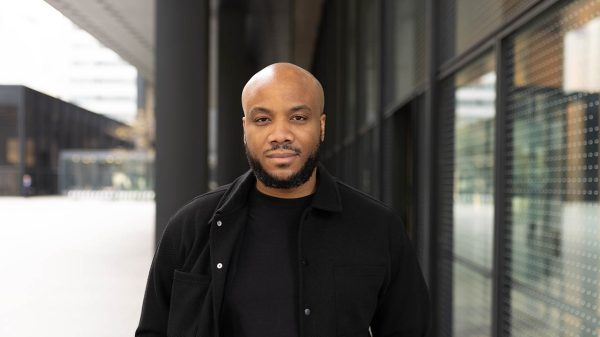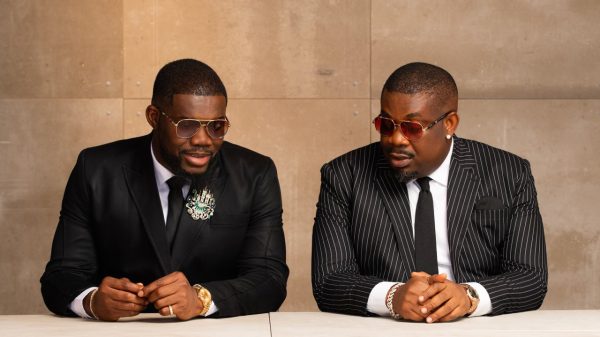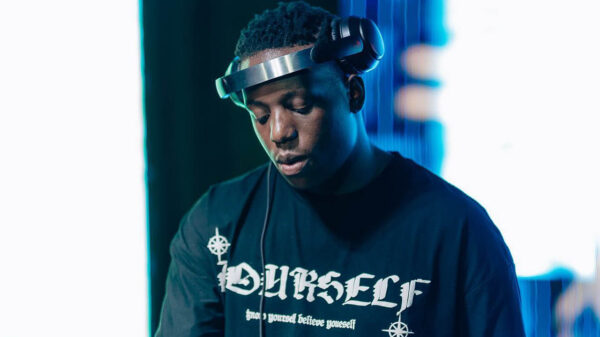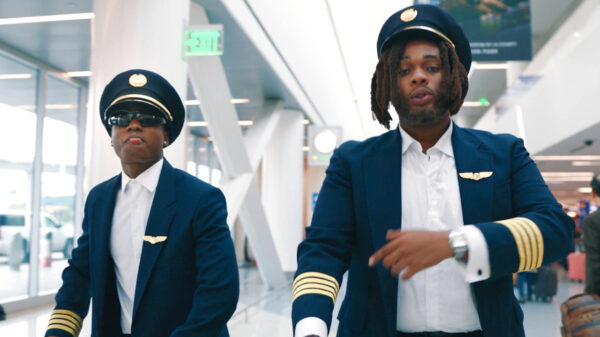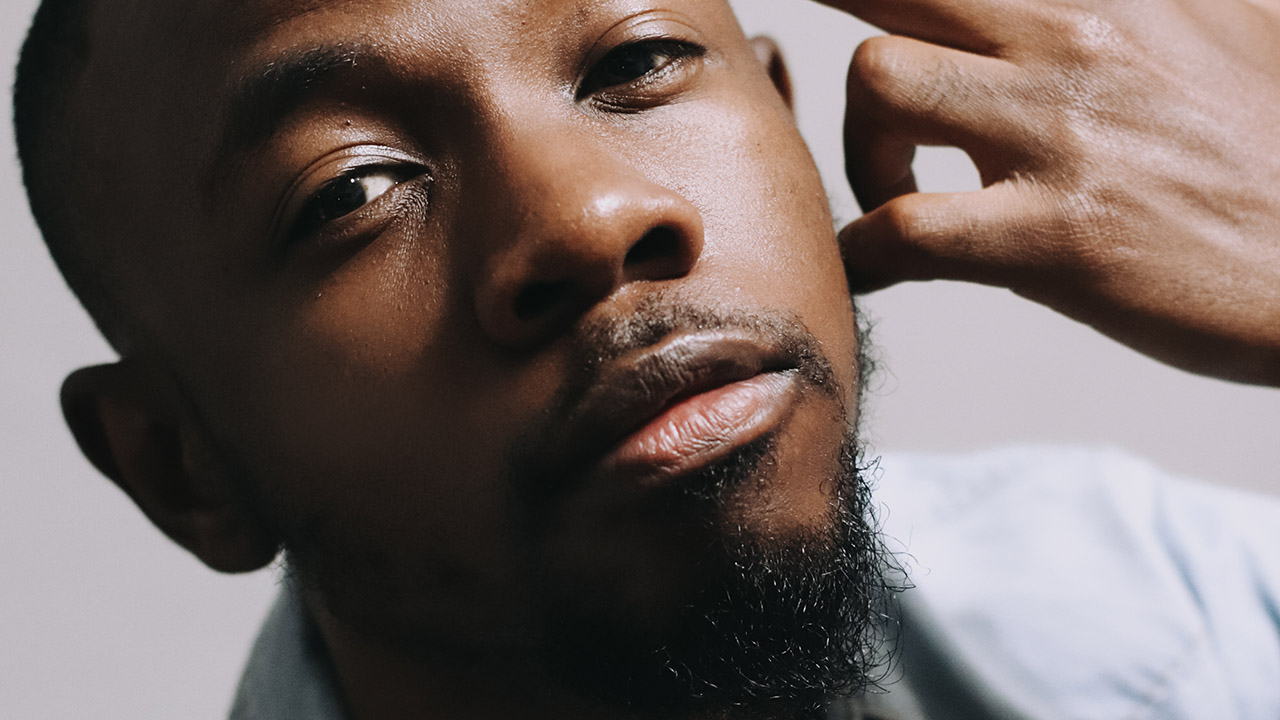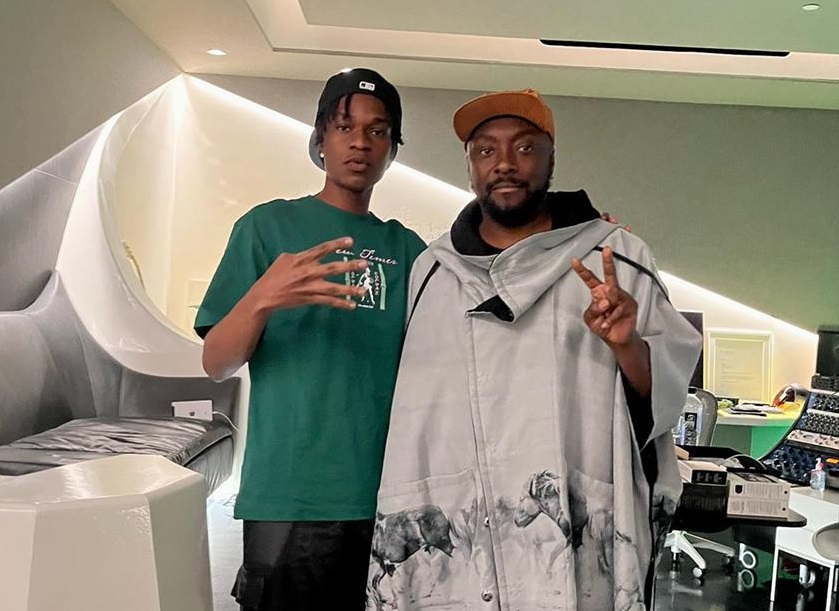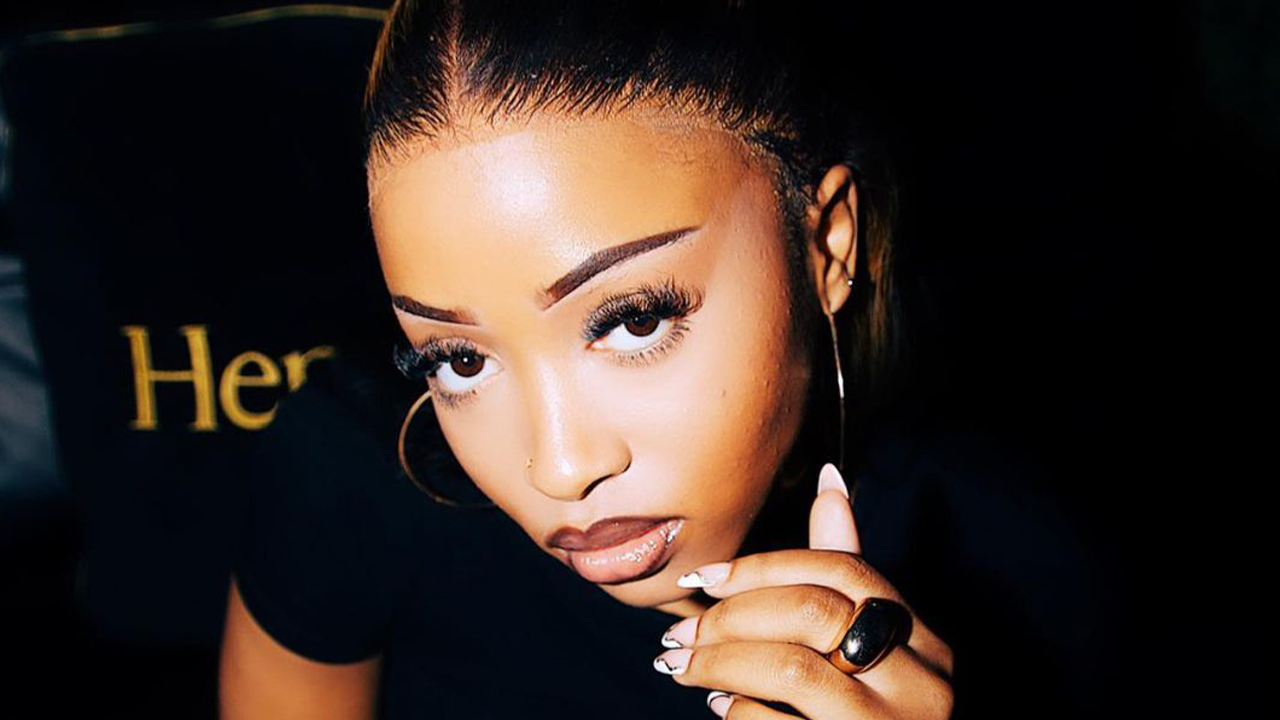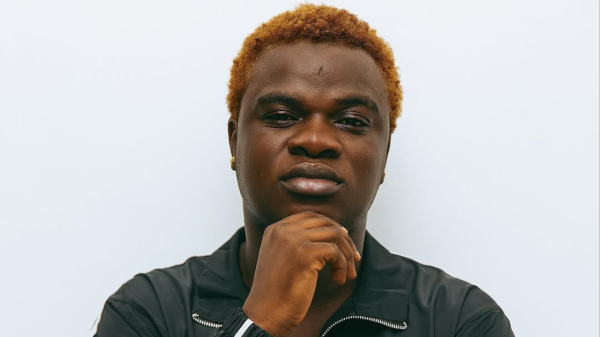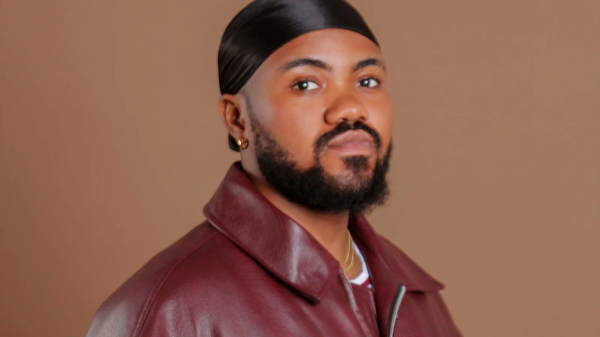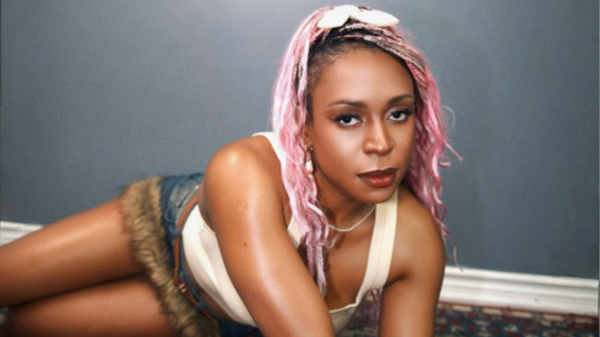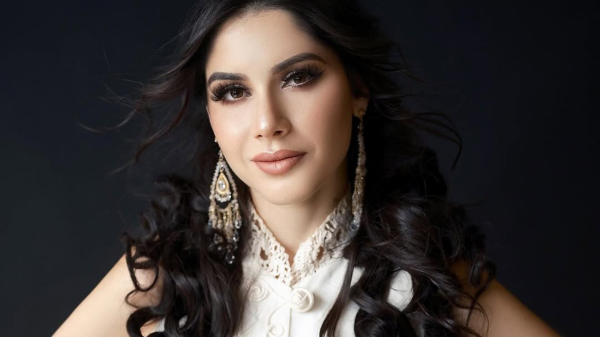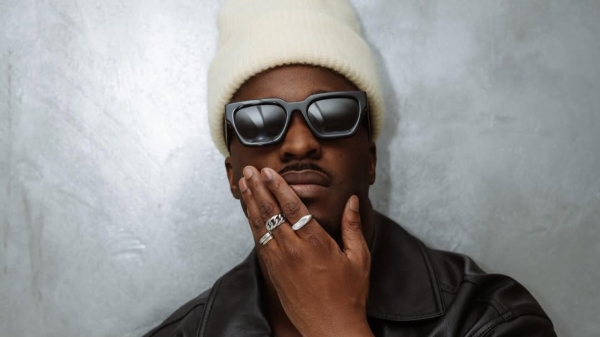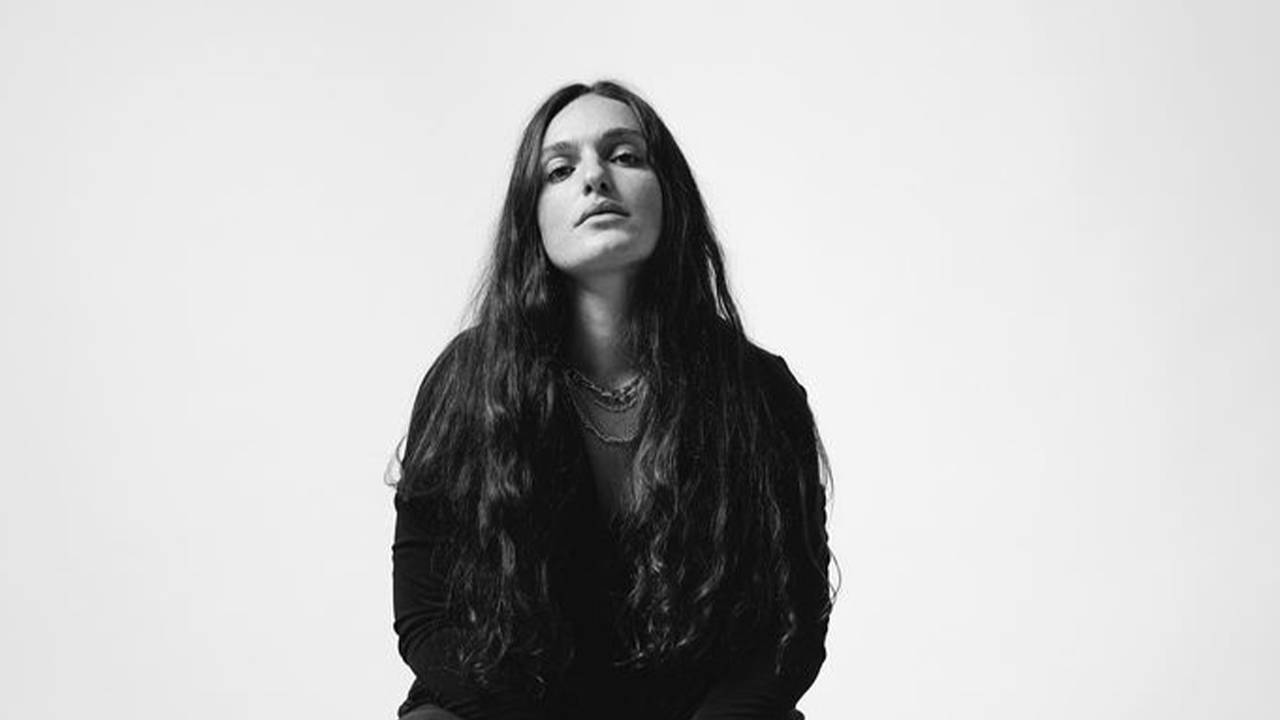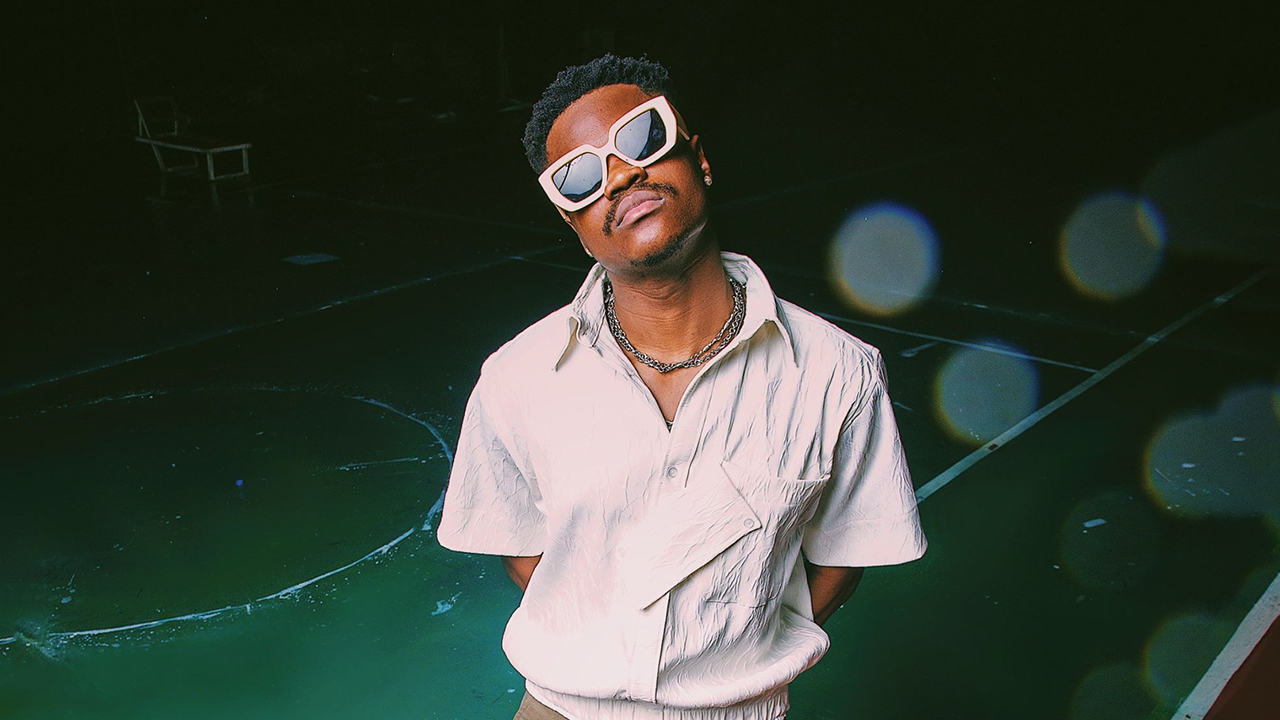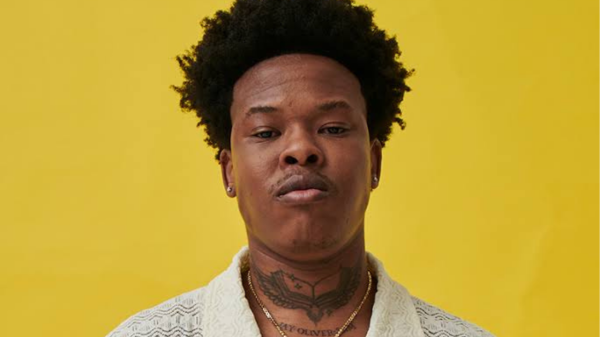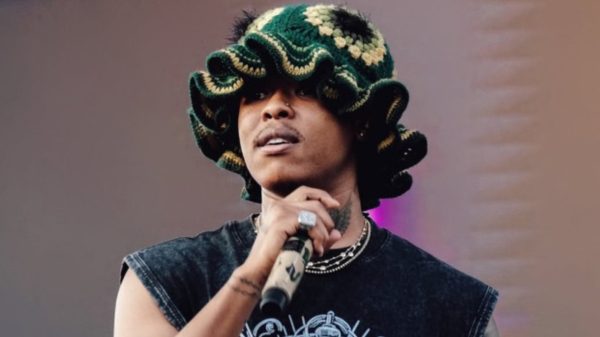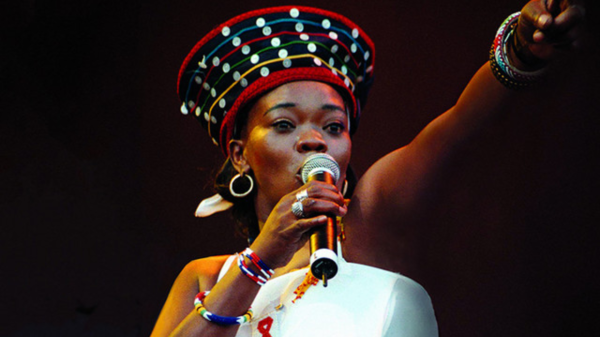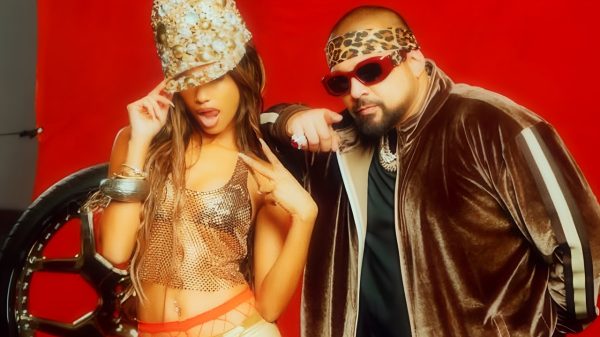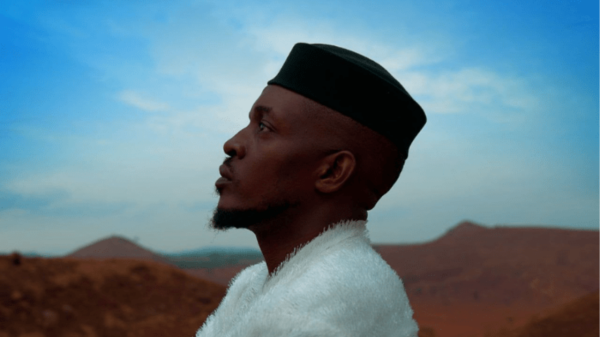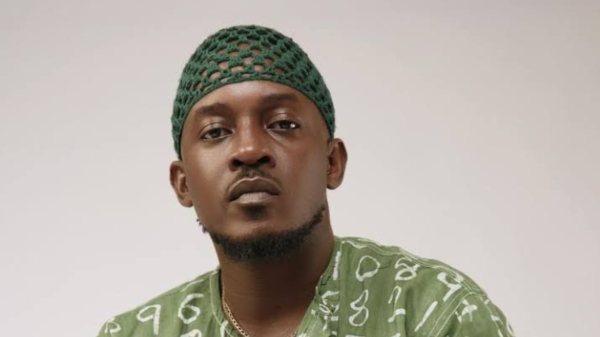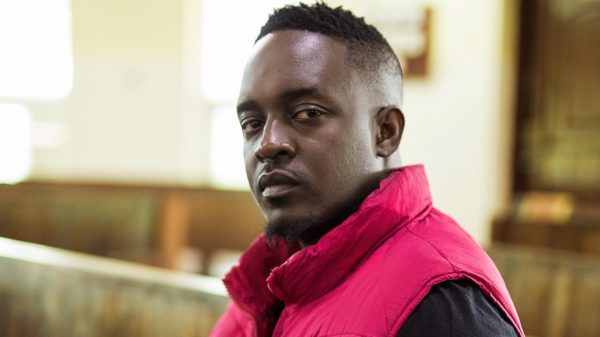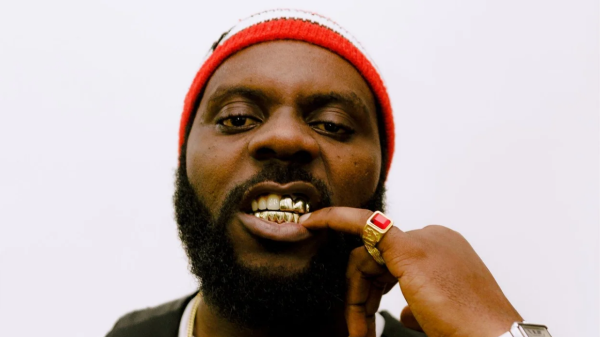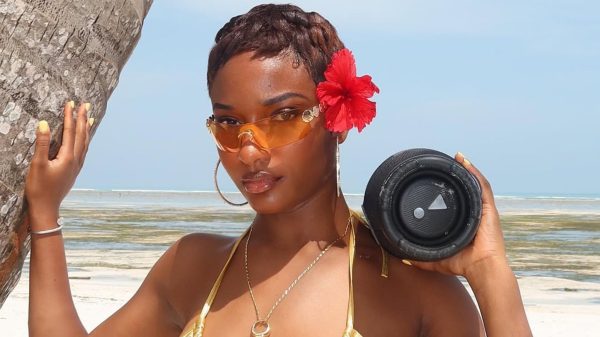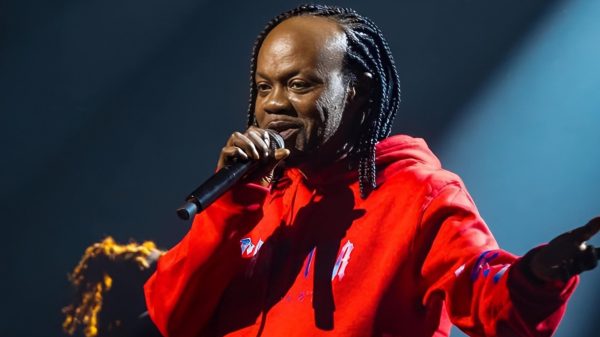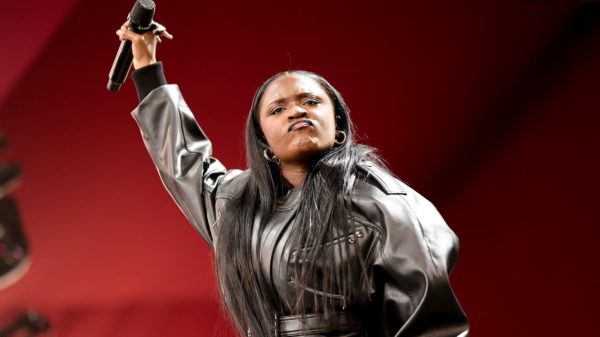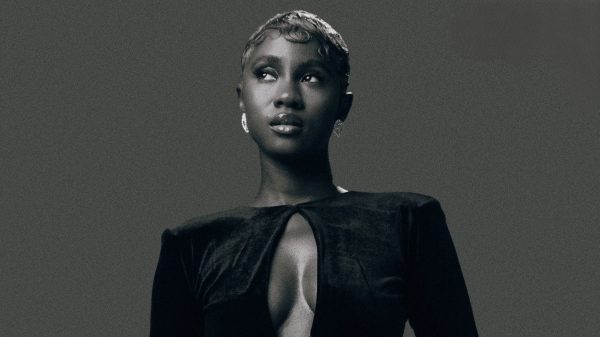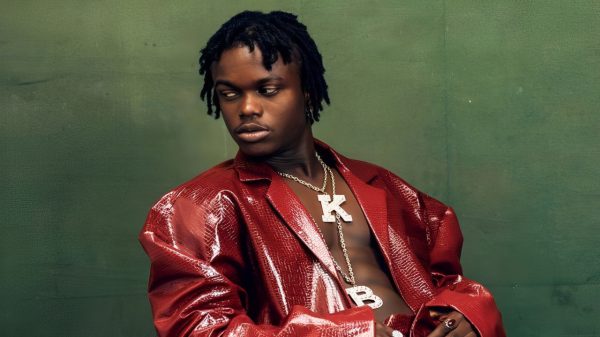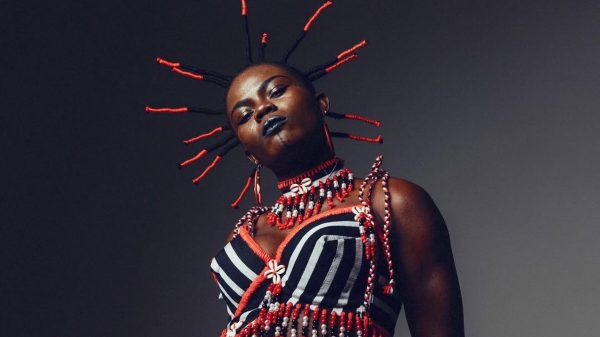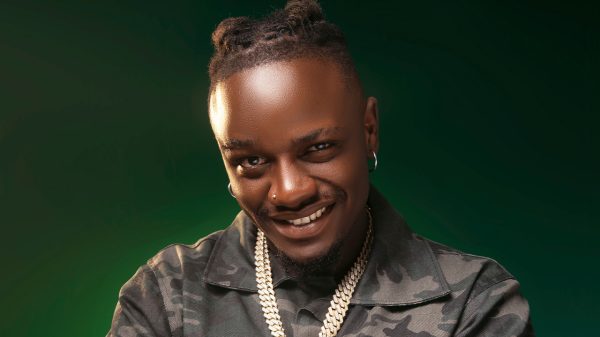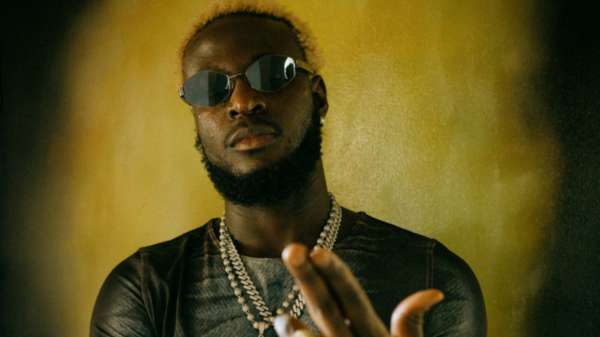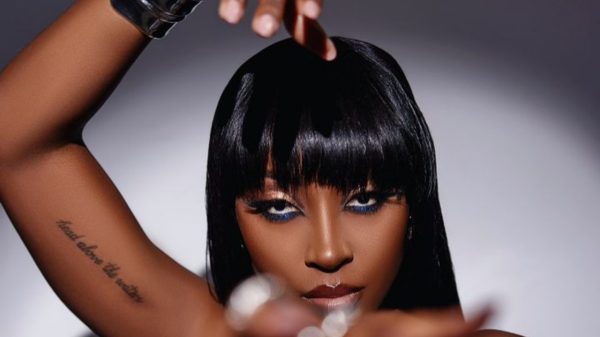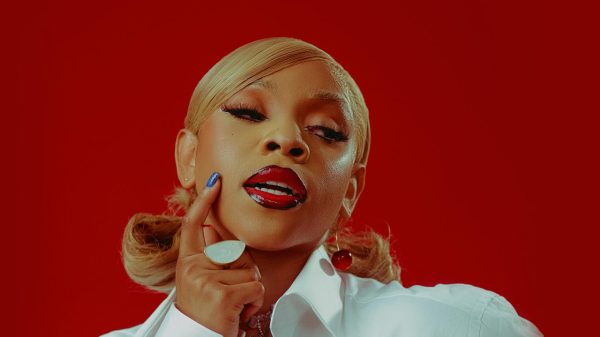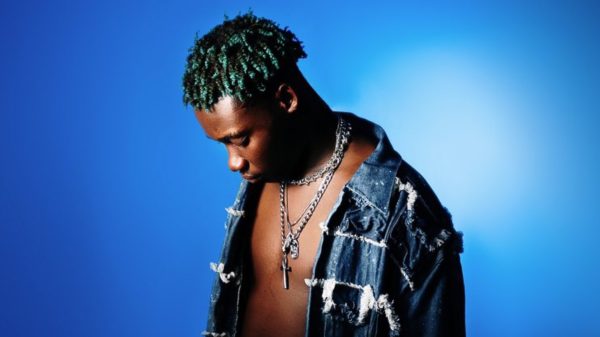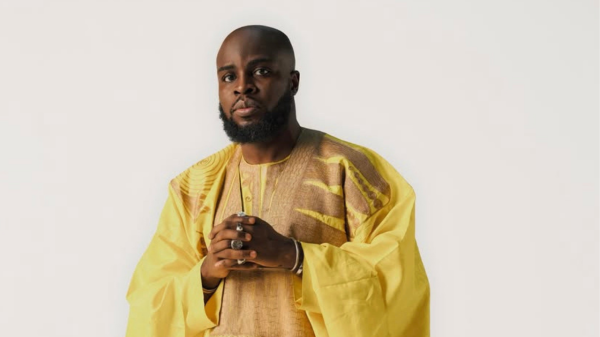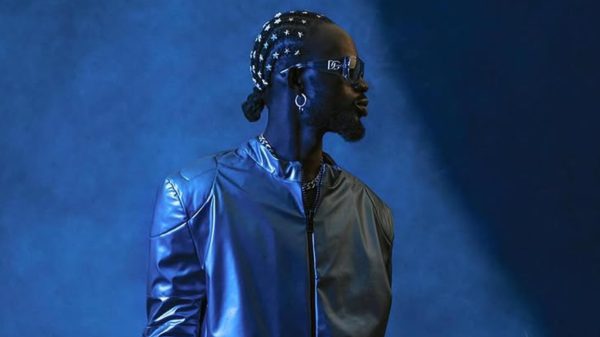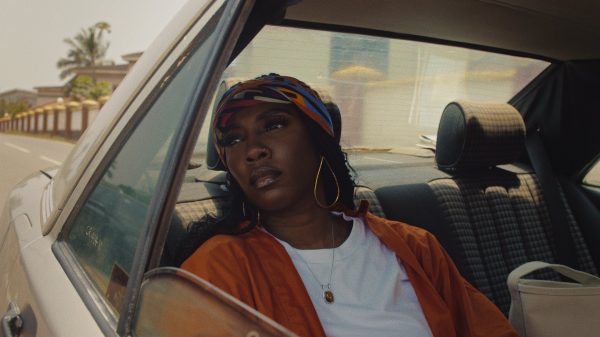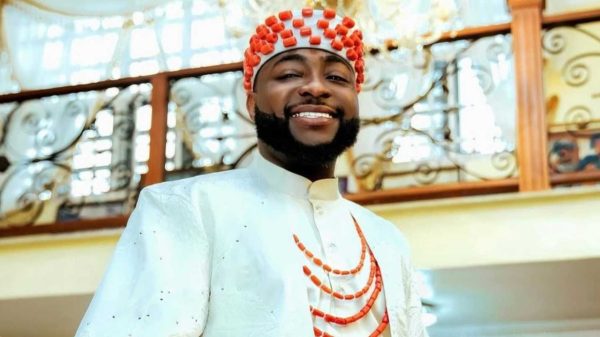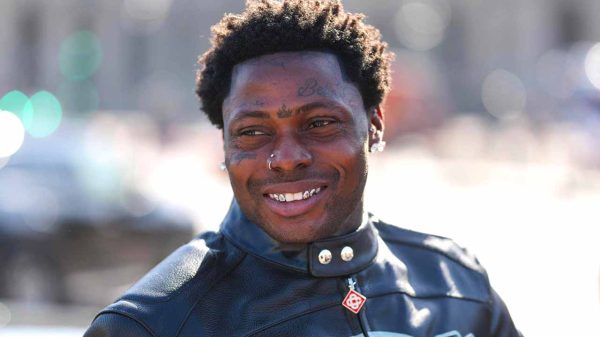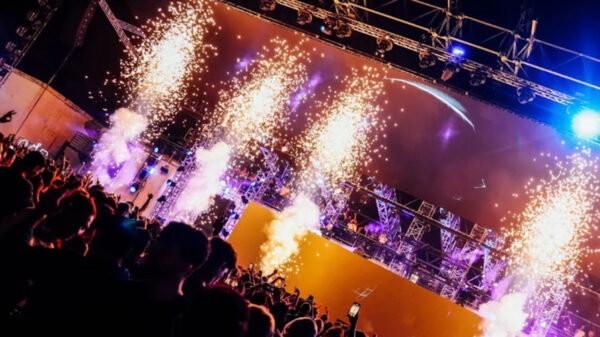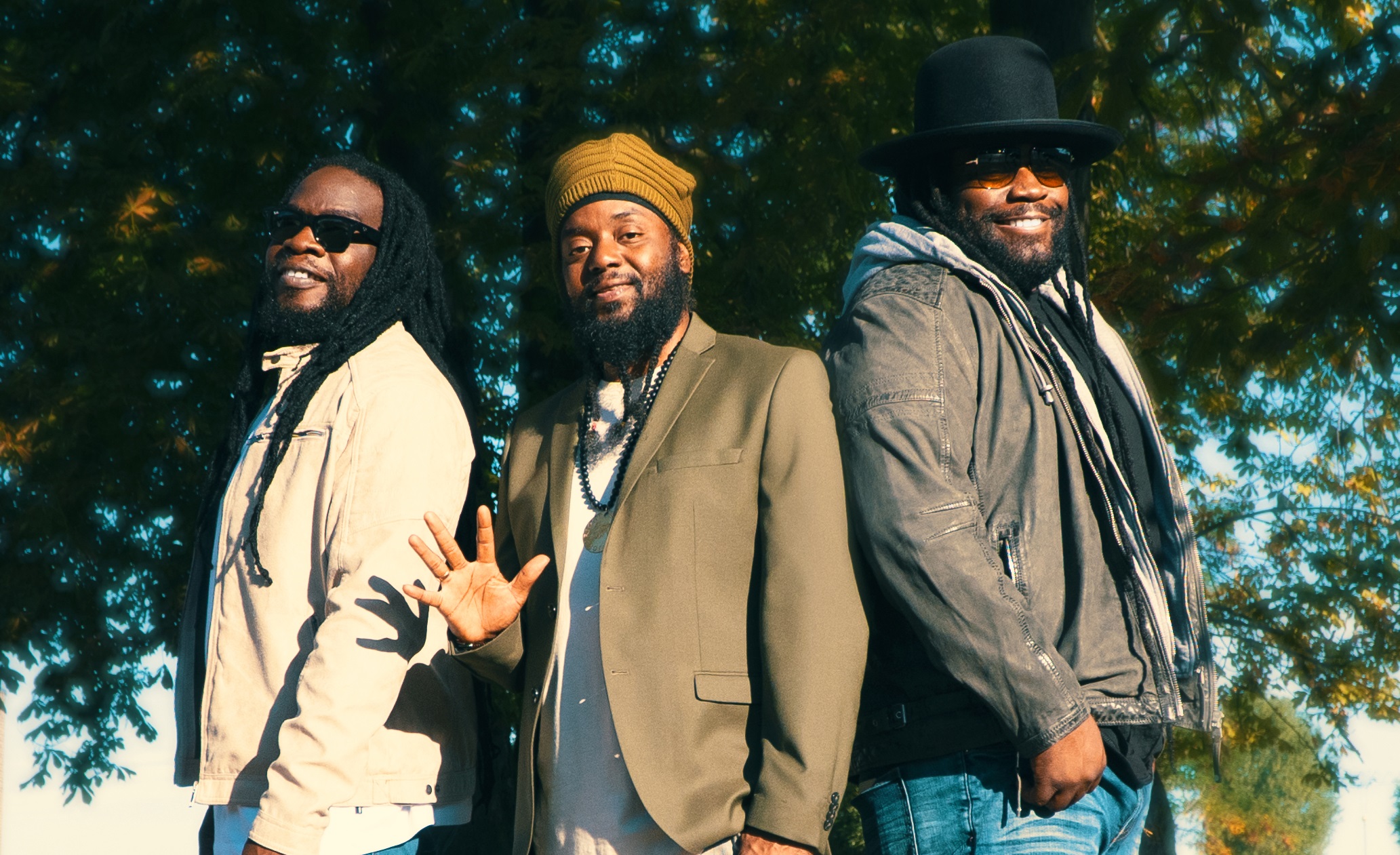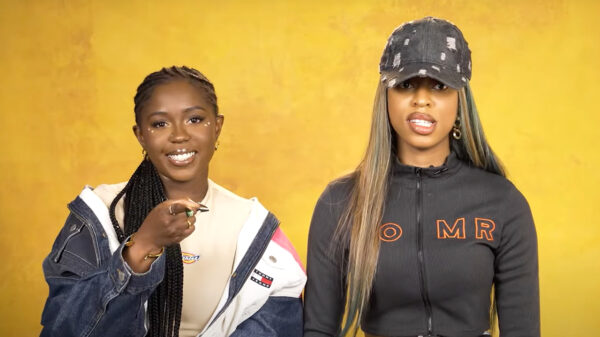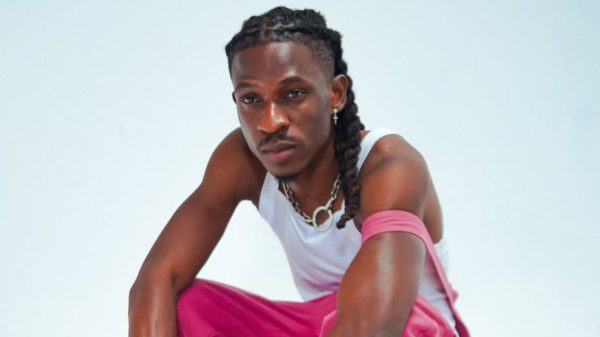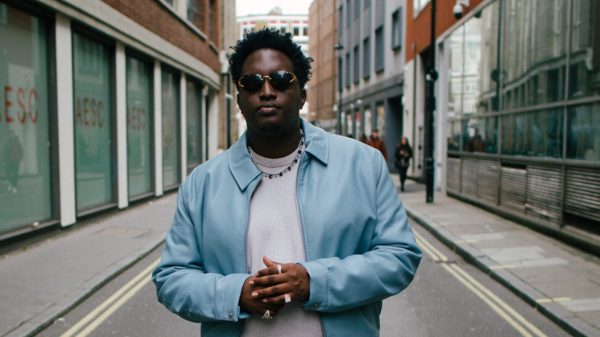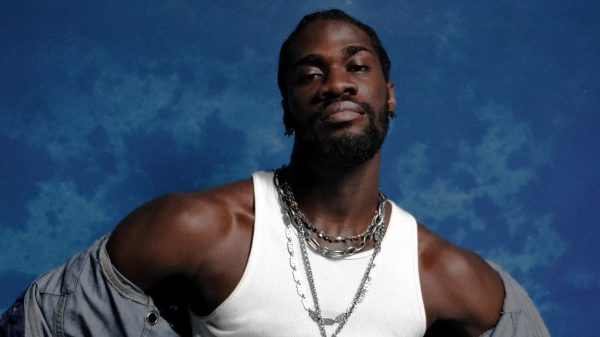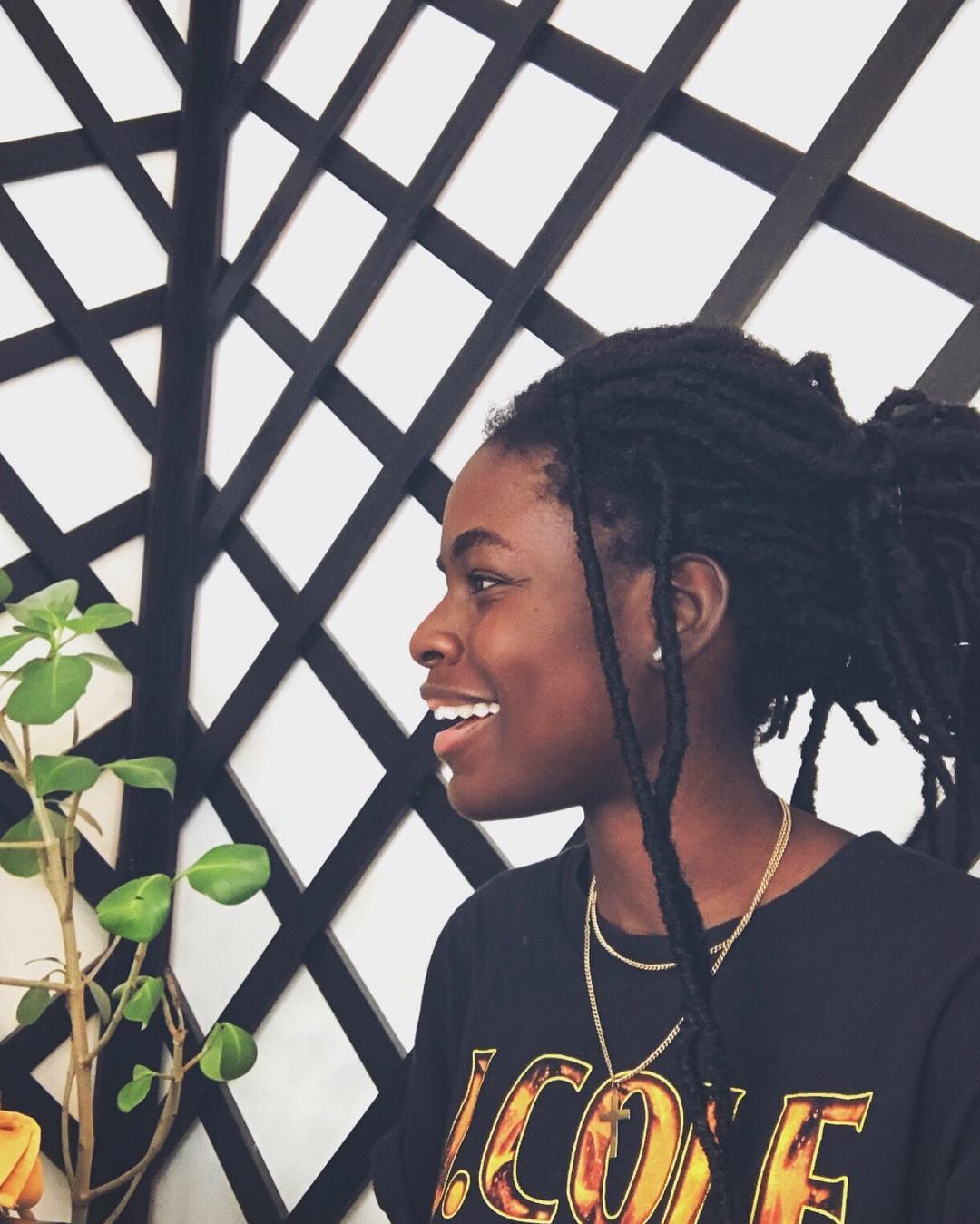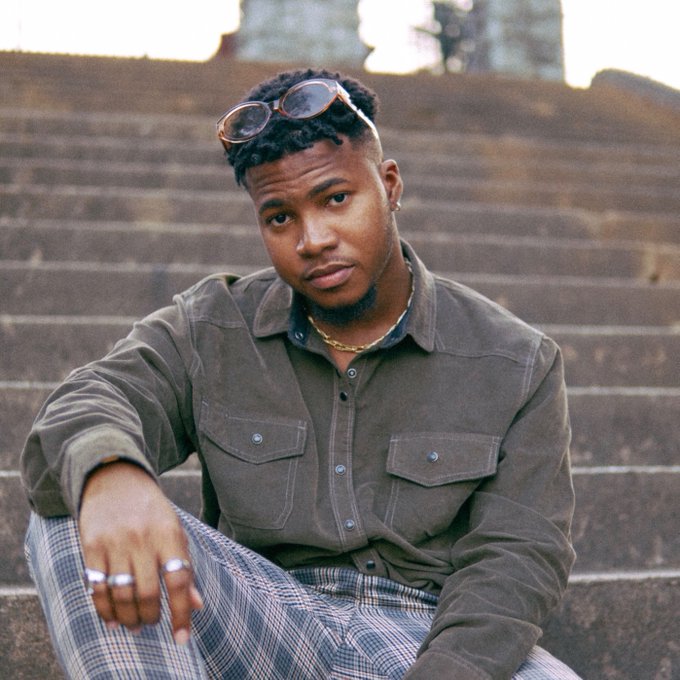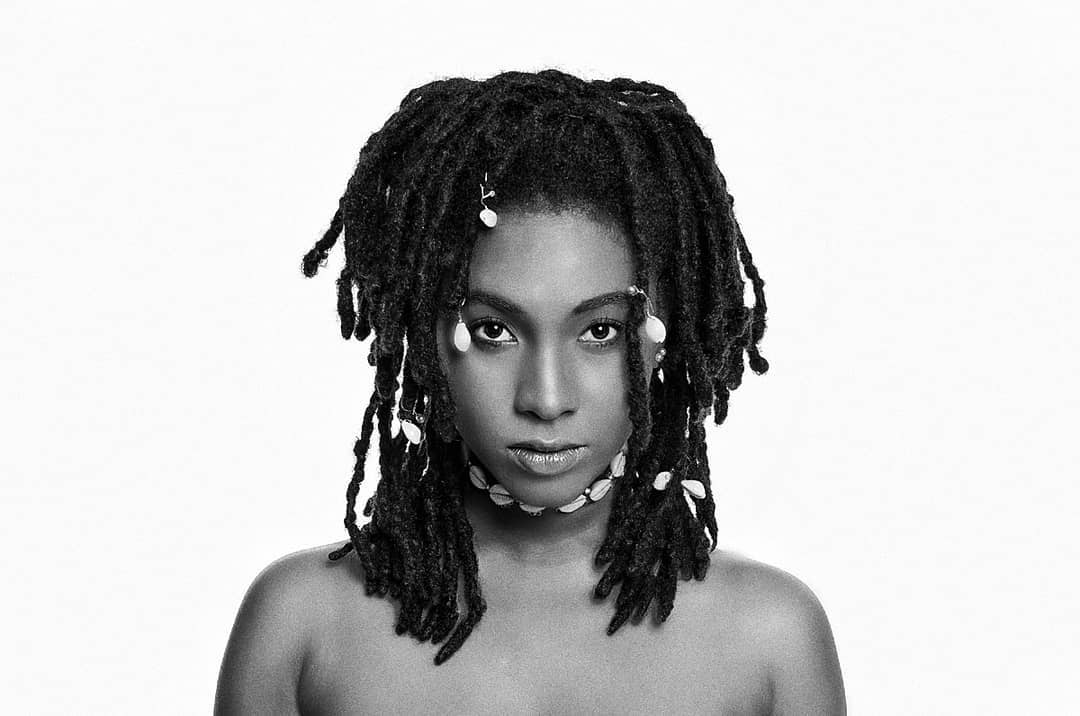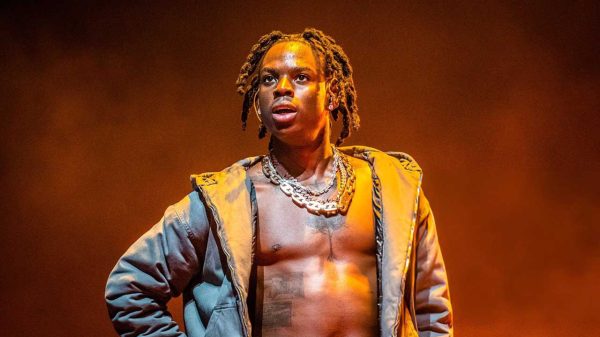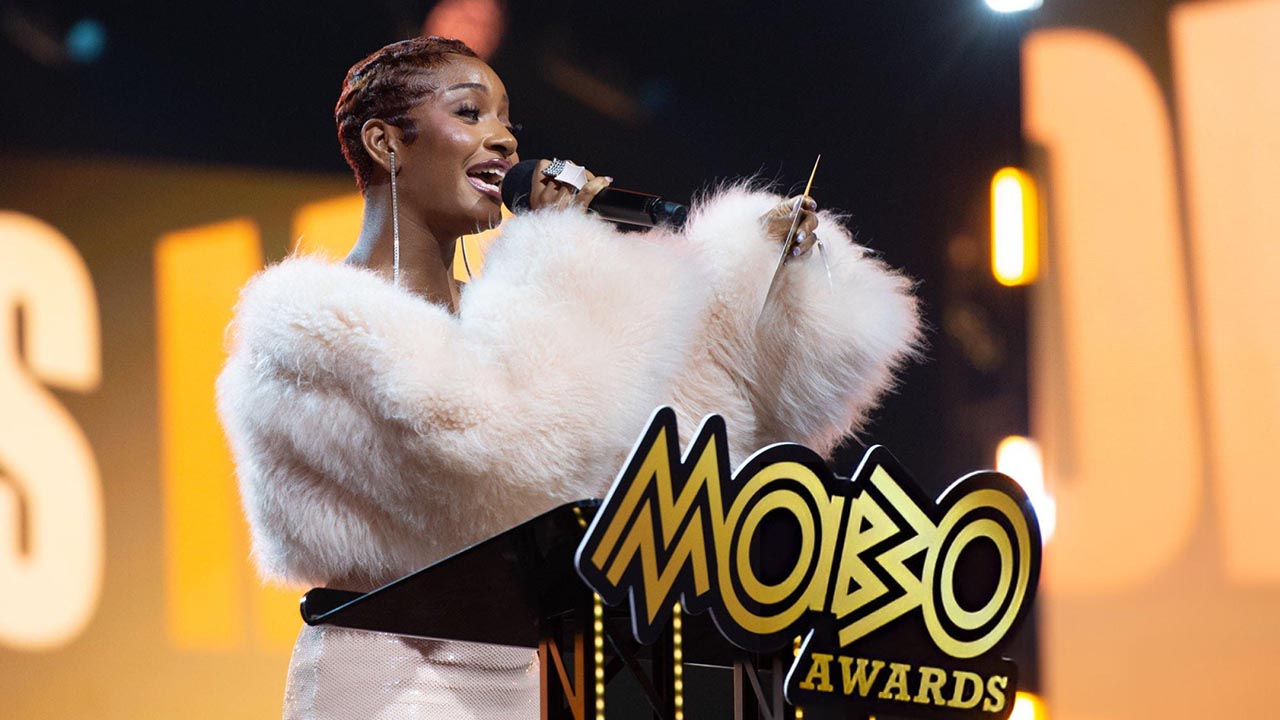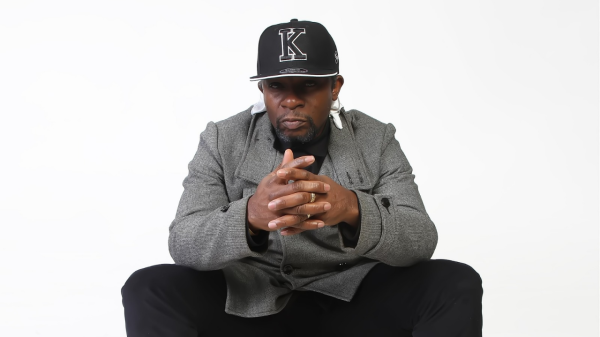Every year, the MOBO Awards celebrate the best in music of Black origin, and one of the most exciting categories is Best African Music Act.
Since 2005, this award has recognized some of the biggest and most influential African artists who have shaped the global music scene. From Afrobeats to Amapiano, African artists have dominated charts, won Grammys, and filled stadiums worldwide. This list of past winners tells the story of how African music has evolved over the years and why it continues to captivate audiences around the globe.
What Are the MOBO Awards?
MOBO stands for Music of Black Origin. These awards were created in 1996 in the United Kingdom to celebrate music genres like hip-hop, R&B, reggae, and, of course, African music. Before this, a lot of Black artists weren’t getting the recognition they deserved in mainstream music award shows. MOBO changed that by shining a spotlight on the incredible talent coming from Africa and other parts of the world.
The Best African Music Act award specifically focuses on African artists who have made a big impact with their music. If you look at the list of winners over the years, you’ll see some of the biggest names in African music—artists whose songs are played on radio stations, at parties, and on streaming services worldwide.
MOBO Best African Music Act Winners (2005–2025)
2025: Ayra Starr (Nigeria)
2024: Asake (Nigeria)
2022: Burna Boy (Nigeria)
2021: WizKid (Nigeria)
2020: WizKid (Nigeria)
2017: Davido (Nigeria)
2016: WizKid (Nigeria)
2015: Fuse ODG (Ghana)
2014: Fuse ODG (Ghana)
2013: Fuse ODG (Ghana)
2012: D’banj (Nigeria)
2011: WizKid (Nigeria)
2010: K’naan (Somalia)
2009: Nneka (Nigeria)
2008: 9ice (Nigeria)
2007: 2Baba (Nigeria)
2006: Samini (Ghana)
2005: Youssou N’Dour (Senegal)
Why Are Nigerian Artists Winning So Much?
If you look at the winners, you’ll notice something: a lot of them are from Nigeria! Why is that?
- Afrobeats Explosion – Nigerian artists have been at the center of the Afrobeats movement, a genre that blends traditional African sounds with pop, hip-hop, and dance music. This has made their music popular not just in Africa, but all over the world.
- Strong Music Industry – Nigeria has one of the biggest entertainment industries in Africa. With big music labels, producers, and streaming platforms, artists have the resources to reach international audiences.
- Global Collaborations – Nigerian artists often collaborate with big international stars. WizKid worked with Drake on One Dance, Burna Boy won a Grammy, and Davido has worked with artists like Chris Brown.
But What About Other African Countries?
While Nigeria has dominated, artists from Ghana, Senegal, and Somalia have also made their mark. For example:
- Fuse ODG (Ghana) – Fuse ODG‘s hit song Antenna helped introduce Afrobeats to international audiences, especially in the UK.
- Samini (Ghana) – This respected reggae-dancehall artist helped put Ghanaian music on the global stage.
- K’naan (Somalia) – Famous for Wavin’ Flag, the song that became the anthem for the 2010 FIFA World Cup.
- Youssou N’Dour (Senegal) – One of Africa’s most respected musicians, blending traditional Senegalese sounds with modern music.
The Impact of the MOBO Awards
Winning a MOBO Award is a big deal. Here’s why:
- More Global Recognition – The MOBO Awards are widely respected, and winning in the Best African Music Act category can introduce an artist to audiences who may not have discovered them otherwise. International media, radio stations, and streaming platforms often spotlight MOBO winners, boosting their visibility worldwide.
- More Streaming and Sales – A win at the MOBOs can significantly increase an artist’s streaming numbers and digital sales. Many music fans check out the winners after the ceremony, leading to millions of new listeners discovering their songs on platforms like Spotify, Apple Music, and YouTube.
- More Concerts and Tours – Winning a MOBO Award can also open doors for artists to perform on bigger stages. More event organizers, music festivals, and venues invite MOBO winners to perform, helping them expand their careers beyond Africa into Europe, North America, and beyond.
Common Misconceptions About African Music
Some people think African music is just “traditional drums and chants.” That’s not true! Today’s African music includes:
- Amapiano – A South African genre with deep house beats and smooth melodies.
- Afrobeats is an umbrella term for contemporary popular music originating from West Africa, particularly Nigeria and Ghana, as well as the African diaspora. It blends elements from various genres, including highlife, jùjú music, hiplife, and naija beats, creating a vibrant and dynamic sound. Unlike the older genre Afrobeat (which was pioneered by Fela Kuti and is more jazz and funk-driven), Afrobeats is a fusion of different musical styles, characterized by catchy rhythms, electronic influences, and energetic beats.
- Afro-fusion refers to music that combines Afrobeat with elements of other genres such as reggae, R&B, hip-hop, or dancehall. What makes a song Afro-fusion is the dominant presence of Afrobeat influences while incorporating other musical styles to create a unique sound.
Africa has a rich and diverse music scene beyond Amapiano, Afrobeats, Afropop, and Afro-fusion. Other genres include Highlife, Soukous, Makossa, Benga, Mbalax, Kizomba, Gqom, Fuji, and many more.
Music is one of the most powerful ways to bring people together. When you listen to African music, you’re experiencing the culture, history, and creativity of an entire continent. Plus, African music is fun—it makes you want to dance, sing, and feel good.
So next time you hear a song by WizKid, Burna Boy, or Ayra Starr, remember: these artists are part of a movement that’s changing the world of music, and the MOBO Awards are one way of recognizing that greatness!

